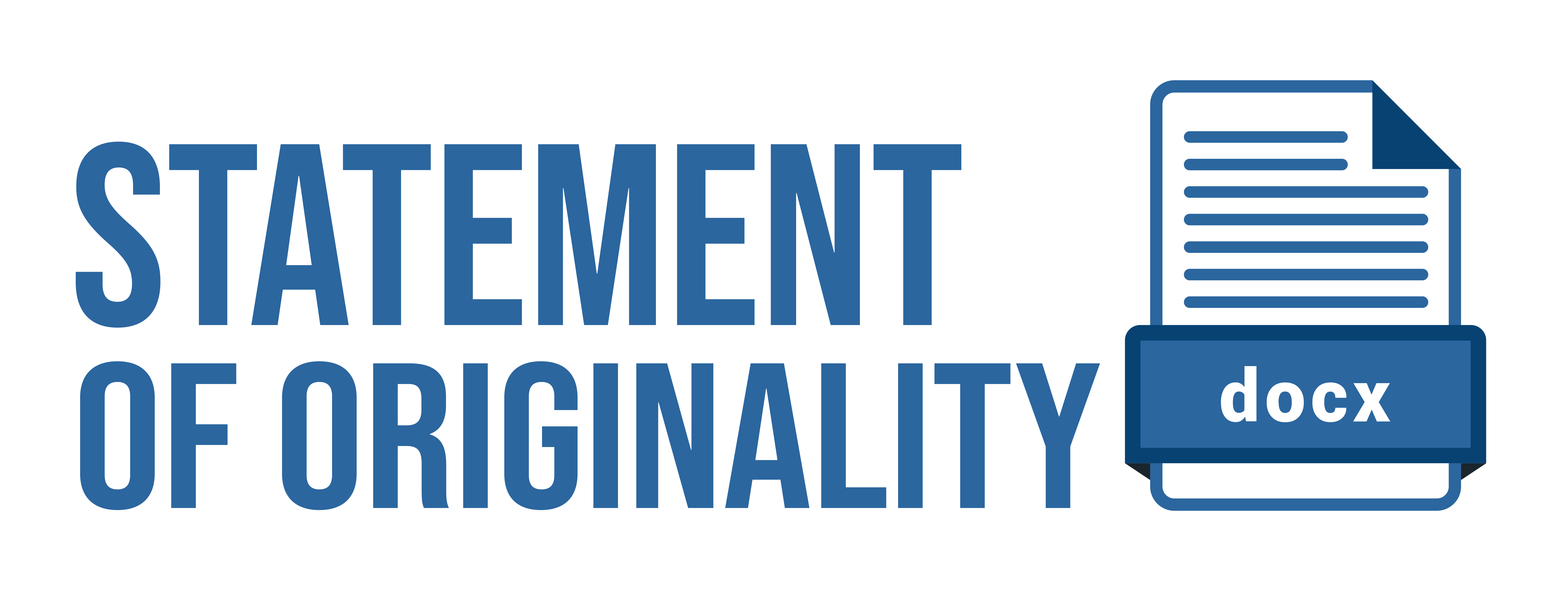PEMIKIRAN HUKUM ISLAM KLASIK DAN MODERN: KARAKTERISTIK, METODE, PENGEMBANGAN, DAN KEBERLAKUANNYA
DOI:
https://doi.org/10.15575/as.v16i1.622Abstract
Syekh Mahmûd Syaltût stated that Islamic law is a universal legal system that made it lives and thrives in society. Islamic law is an independent legal system, not taken from other laws, so it has own character. The sources of Islamic law are derived from the Koran, Sunna, and ijtihâd. The truth of ijtihâd is relative and dzanni, but it will be received by us if it is not contradicted to the Sharia or sacred texts. Thus, It makes a difference opinion among the scholars in the process of ijtihâd on how to formulate Islamic law (istinÂbâth al-ahkâm) which is caused by three things: First, the formulation of rules (al-tahsîs). There are scholars who hold to the understanding uslub or dalil syara’ and some scholars adhered to the issues of branches (furu‘); Second, the methoÂdology (manÂhaj) or the formulation of the legal methods that used, both inductive and deductive; Third, aspects of thinking which is the fundamental basis of the scholars that used in ijtihâd. Development and validity of ijtihâd will always still be opened and dynamic, which is following the development of human thought and the dynamics of Islamic law.
Downloads
Published
How to Cite
Issue
Section
Citation Check
License
The author whose published manuscript approved the following provisions:
- Authors retain copyright and grant the journal right of first publication with the work simultaneously licensed under a Attribution-ShareAlike 4.0 International (CC BY-SA 4.0) License that allows others to share the work with an acknowledgment of the work's authorship and initial publication in this journal.
- Authors are able to enter into separate, additional contractual arrangements for the non-exclusive distribution of the journal's published version of the work (e.g., post it to an institutional repository or publish it in a book), with an acknowledgment of its initial publication in this journal.
- Authors are permitted and encouraged to post their work online (e.g., in institutional repositories or on their website) prior to and during the submission process, as it can lead to productive exchanges, as well as earlier and greater citation of published work (See The Effect of Open Access).






